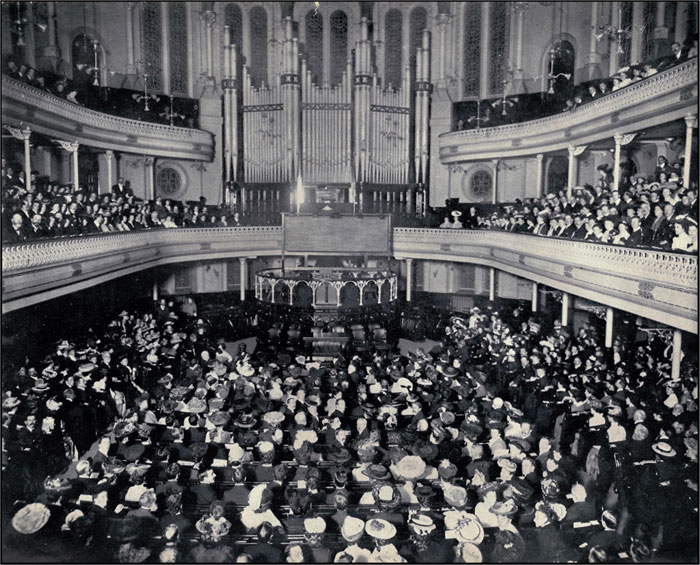Cultural relevance — or cultural impoverishment?
Many churches today seem to be trying to be “culturally relevant.” This is evident in their dress-down casualness, their attempt at contemporary music and maybe even contemporary art, and their general lingo and (rather forced) attempt to disassociate themselves from tradition.
Question: who wants to be culturally relevant in a postmodern age?
Here’s what my trusty Benet’s Reader’s Encyclopedia defines as postmodernism:
“A much-debated term first used to describe a style in architecture which ostensibly rejected modernism’s lack of individuality and integration with past historical contexts.” It’s characterized by “irony and self-reflexivity.” It “tends to discover itself in the cultures of other times and places, for example, claiming Milton as a postmodernist avant la lettre, or rap music as an unwitting echo of postmodern style.”
It goes on: “Postmodernism, or ‘postmodernity,’ also denotes a historical shift in political economy…. Supporters of postmodernist style tend to value heterogeneity, contingency, irony and self-reflexivity over homogeneity, ‘totalization’ (the attempt to produce a generally valid statement), truth, and nonreflexiveness.”
Could we get any further from the gospel than this? What resemblance does this ideological framework bear to the teachings of Jesus? How much more self-centered, relativistic, and hopeless could it get?
Why would we try to slip the gospel into such an inadequate and ill-fitting package? To me it makes more sense to offer an alternative culture within the walls of the church–one as unexpectedly large and life-giving as what lay behind the stable door in C.S. Lewis’s The Last Battle. That would be a truer presentation of the gospel in its original and fresh power. Why on earth (or perhaps more accurately, why in the hell) would we want to reproduce the stench and imprisonment and dread of the stable itself?


